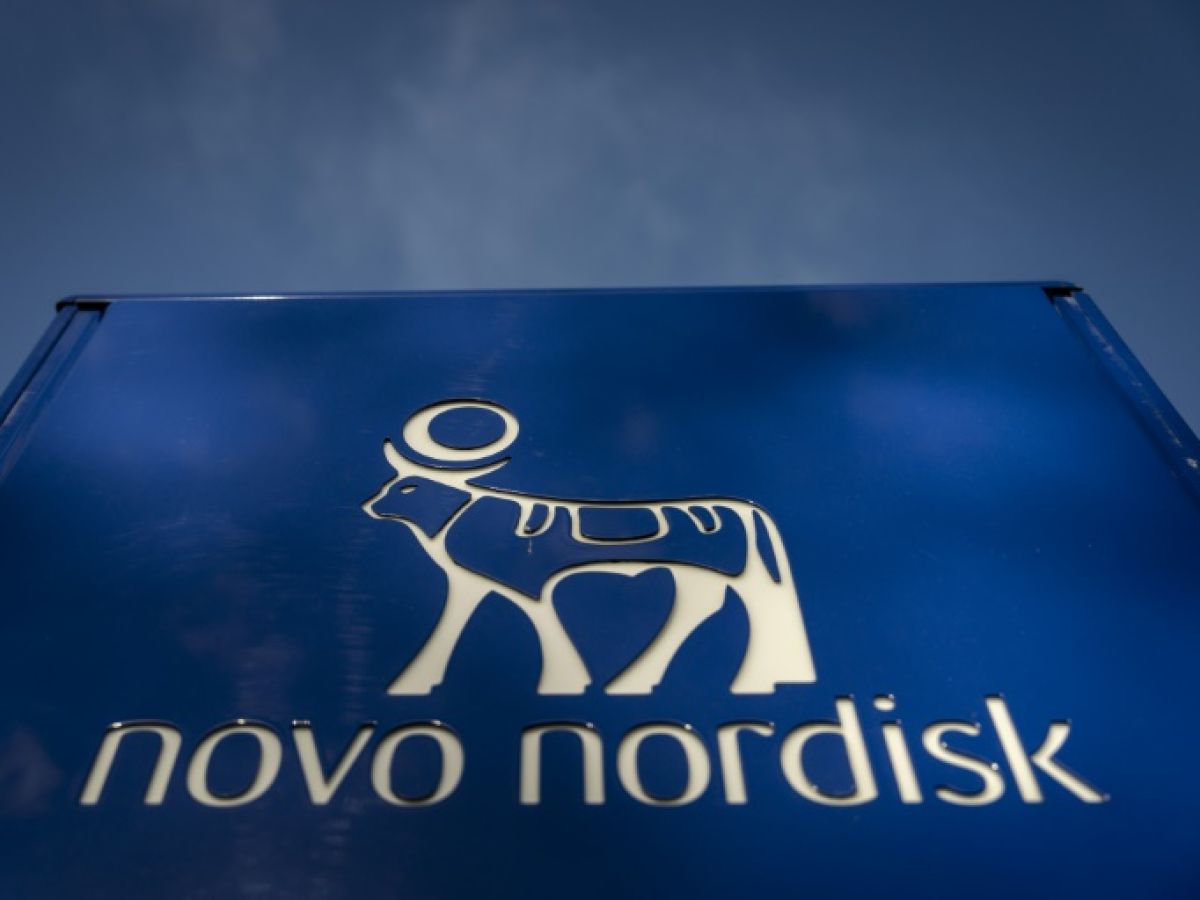Manufacturers of successful injections to treat obesity are increasing their "awareness campaigns" on this pathology, a communication which spreads the idea of comprehensive care while waiting for possible reimbursement of their medications.
Since June, posters depicting an overweight person determined to "take action" for their health have been plastered in several Paris metro stations.
These visuals, designed by the Danish laboratory Novo Nordisk, link to a website () containing information on obesity and its treatments, as well as a platform for referral to specialists ().
"People with obesity are not always willing to ask for the help they need. We encourage them to talk to their doctor," the group told AFP, adding that its campaign is also being broadcast this summer on television and social media.
While this new poster campaign by Novo Nordisk, manufacturer of the anti-obesity drug Wegovy, has gone relatively unnoticed in France, a similar campaign has caused a stir in Spain.
The Spanish Ministry of Health requested clarification from the insulin champion on June 19, believing that some online content could violate the ban on promoting prescription drugs.
Already in the spring, the American laboratory Eli Lilly, manufacturer of Mounjaro – another drug in the GLP-1 analogue class – launched a poster campaign entitled “Obesity is a sick thing” in several major French cities.
The goal, the group told AFP, is to have obesity recognized as a chronic disease and to remind people of the proper use of these treatments, which promote weight loss by mimicking a digestive hormone.
None of these campaigns refer to the drugs being marketed.
– “Advertiser’s Responsibility” –
"Institutional communication initiated by a laboratory, for example, carrying a message of prevention or information on diseases, in the absence of any reference to a product it sells, does not appear to be contrary to the rules in force," Stéphane Martin, the director general of the professional advertising regulatory authority (ARPP), explained to AFP.
"It is then the advertiser's responsibility to decide whether such communication is appropriate in light of the context," he added.
This context is sensitive.
These new drugs, which can reduce patients' weight by an average of 15% to 20%, are generating considerable interest, and since June 23, any doctor in France can prescribe them within strict limits. At the same time, manufacturers have begun steps to obtain reimbursement from health insurance.
"A number of maneuvers were already underway well before this advertising campaign" by Novo Nordisk, says Christian Guy-Coichard, president of Formindep, an association fighting against conflicts of interest in healthcare.
He mentions in particular several government visits to the Danish group's site in Chartres, the last one at the end of May, during which the head of the laboratory for France pleaded, in the presence of ministers Catherine Vautrin, Yannick Neuder and Marc Ferracci, for the extension of the right to prescribe to general practitioners.
Asked by AFP, the Ministry of Health did not react to this campaign.
– “Problematic campaign” –
"What makes this campaign even more problematic," according to Mr. Guy-Coichard, "is that the only proposed response to the problems of obesity (apart from surgery, editor's note) is medication. There is no preventative response," while the government's obesity plan is expected in September.
"The laboratory is gradually increasing the scope of the prescription by all possible means," says this retired hospital practitioner.
"They clearly encourage people to take charge, which was not the case until now," adds Audrey Vaugrente, health journalist at UFC-Que Choisir.
"It's also not insignificant to go to cities identified as being very active in obesity prevention," for partnerships on prevention actions, as Novo Nordisk has done with Strasbourg, for example, according to her.
Having become one of the most valuable companies in the world, Novo Nordisk recently unveiled a study estimating the medical and economic cost of obesity "at nearly 20 billion euros per year."
"If they can demonstrate that their treatment reduces the costs of care associated with obesity, it's a bit of a jackpot for them," concludes Ms. Vaugrente.


